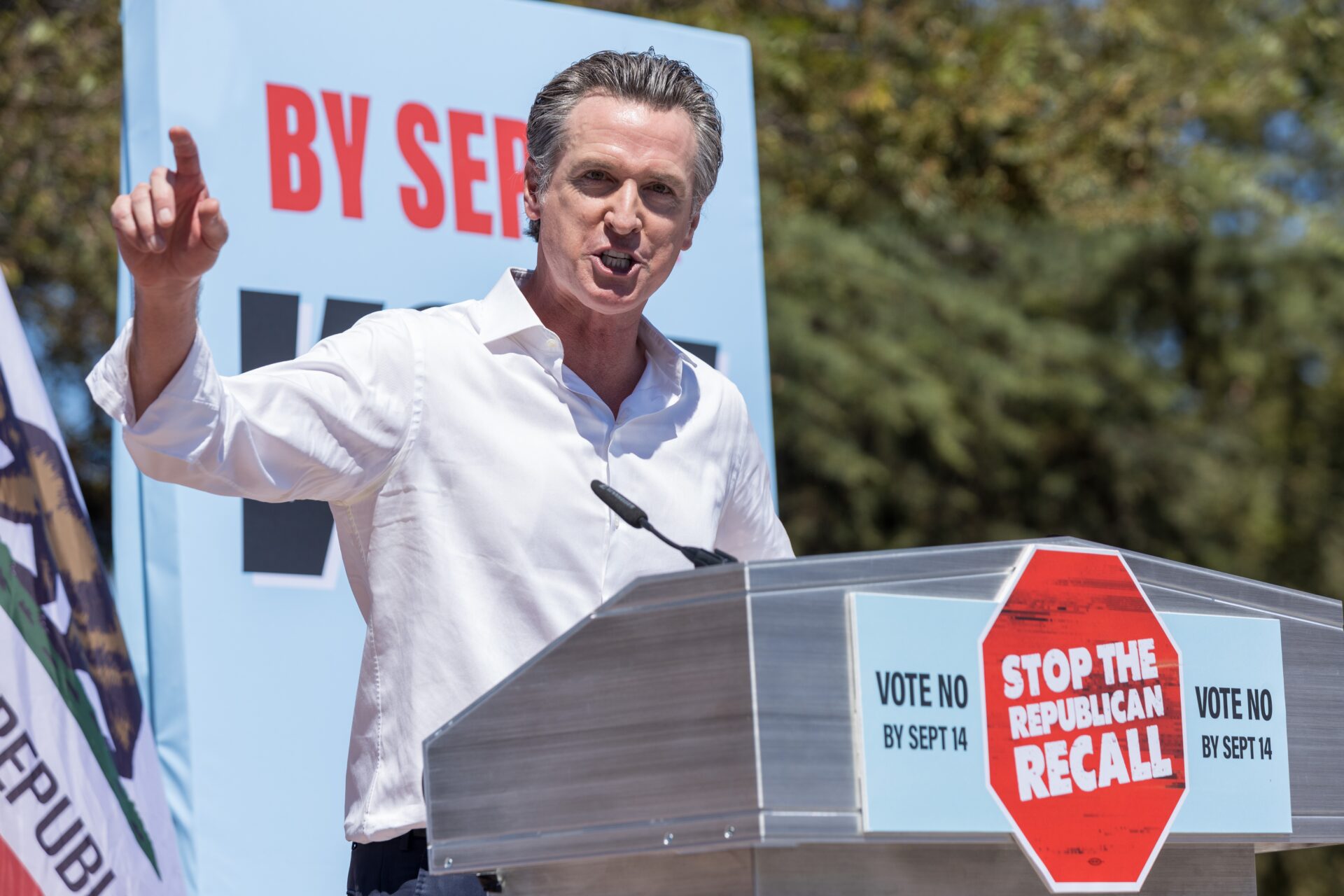
Newsom Sparks Redistricting FIRESTORM!
Governor Gavin Newsom’s proposal to scrap California’s independent redistricting commission in favor of a partisan-controlled process has ignited fierce political debate with potentially wide-reaching national consequences.
At a Glance
- Newsom wants to end California’s independent redistricting system.
- His move responds to Texas’ GOP-led redistricting efforts.
- The proposal faces strong opposition within California Democrats.
- Concerns grow over increased partisan conflict and legal battles.
- Potential national precedent risks undermining electoral fairness.
Newsom’s Controversial Redistricting Proposal
Governor Gavin Newsom recently unveiled plans to dismantle California’s independent redistricting commission, established to prevent partisan gerrymandering and ensure fair electoral maps. His move is largely seen as a retaliatory measure against Texas’ Republican-led congressional redistricting, which critics say aims to entrench GOP power.
California’s current system, administered by the California Citizens Redistricting Commission, is lauded for transparency and reduced political bias. Newsom’s plan to shift redistricting control back to partisan legislators has alarmed many election fairness advocates and lawmakers who warn it would reverse decades of reform.
The proposal remains in its early stages with no formal legislation introduced yet but has already stirred intense debate across California’s political spectrum.
Watch: Newsom’s retaliatory redistricting idea gets mixed reaction in California Legislature
Fierce Debate and Internal Party Opposition
The plan has drawn sharp criticism even from within Newsom’s Democratic Party. Assemblymember Alex Lee from Milpitas publicly condemned the proposal, calling it a betrayal of democratic principles and warning that partisan redistricting would weaken California’s electoral integrity.
Critics also defend the redistricting commission, rejecting claims it favors Democrats and emphasizing its role as a model for reducing political interference. Despite some controversy, the commission remains respected for its efforts to deliver fair maps.
National and Legal Implications
If enacted, Newsom’s proposal could trigger heightened partisan tensions and legal challenges within California. Moreover, it risks setting a dangerous precedent encouraging other states to abandon independent redistricting, potentially fueling nationwide cycles of partisan gerrymandering.
For California voters, particularly in minority party strongholds, the change could diminish electoral competitiveness and representation. The battle also raises broader questions about protecting democracy and election fairness in the U.S.
Implementing this shift would likely require a constitutional amendment and voter approval, posing significant political and legal hurdles. The California legislature’s Democratic supermajority is divided on the issue, adding uncertainty to the proposal’s future.
As this high-stakes debate unfolds, Newsom’s plan underscores deepening partisan divisions over election governance and highlights the ongoing national struggle over fair representation.


